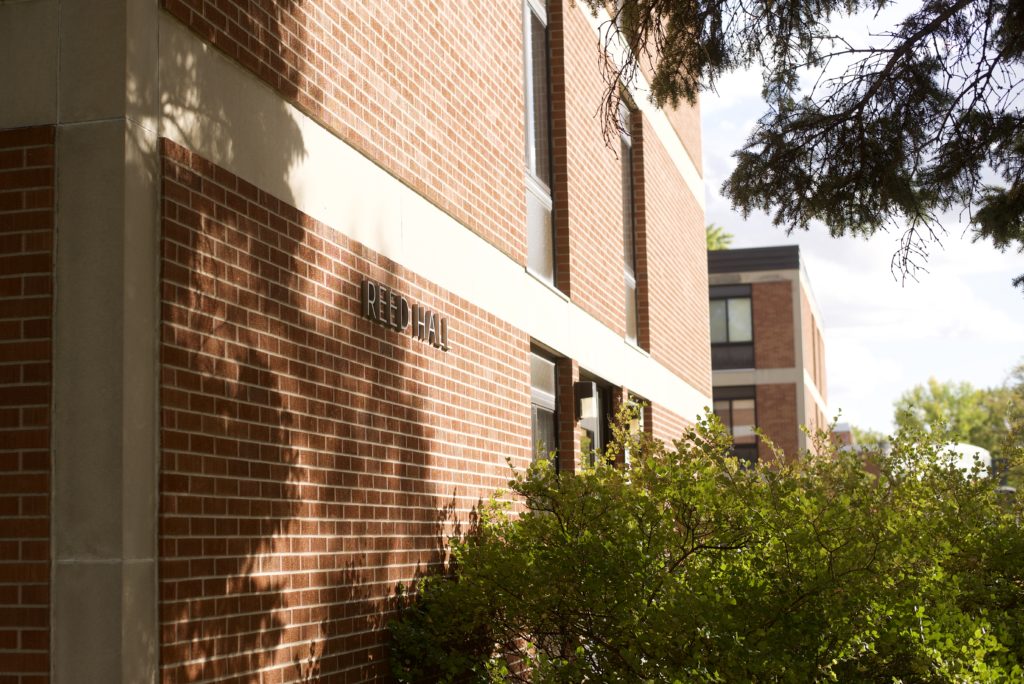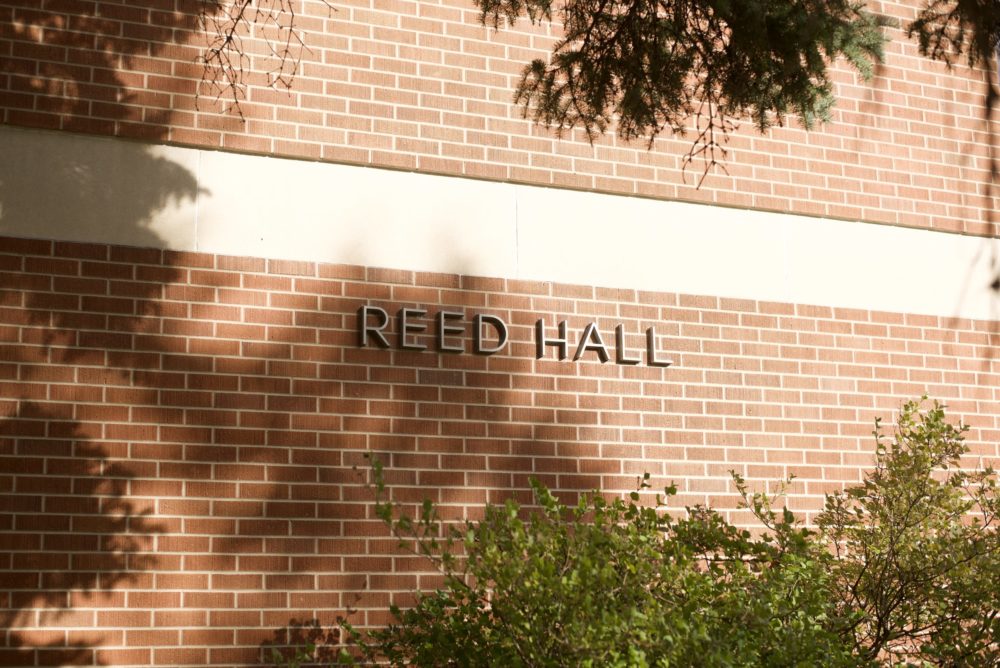
NDSU’s Reed and Johnson Halls have had their wastewater test positive for SARS-CoV-2, the virus that causes COVID-19.
North Dakota State University has begun testing wastewater form student dormitories to determine if there are any positive cases of COVID-19 among students in the residence halls. Recently, some of the student dormitories on campus have had their wastewater test positive for SARS-CoV-2, the virus that causes COVID-19.
“Your hall has been identified with positive samples in the wastewater. This is likely because some of you are asymptomatic and don’t realize you are positive. It is critical to know you are positive so we can prevent further spread,” NDSU Residence Life said in an email to students whose residence halls had tested positive for SARS-CoV-2.
Dr. John McEvoy, a professor and chair of the department of microbiological sciences at NDSU, says that testing wastewater can be a useful tool for monitoring COVID-19 in both small communities such as dorms and larger communities such as cities. NDSU hopes to identify student populations in the dormitories that may be asymptomatic but still have contracted the virus.
“It is important to point out that wastewater is just another name for sewage – it is not drinking water. An interesting thing about SARS-CoV-2, the virus that causes COVID-19, is that even though it causes respiratory disease, it is also shed in relatively large numbers in feces and we can detect that by sampling wastewater,” McEvoy said.
McEvoy went on to describe the wastewater testing process where they take samples of wastewater from manholes near the dormitories and bring them to a laboratory for testing.
“Once in the lab, we concentrate the virus, extract its genetic material (RNA), and quantify it using a process called quantitative PCR (Polymerase Chain Reaction),” McEvoy said.
McEvoy and his research associates are still researching the accuracy of this method and the best ways in which to interpret the data, but it seems particularly useful in identifying the existence of SARS-CoV-2 within a smaller-scale community. The accuracy of these tests is still unknown, but at least two residence halls on campus have had their wastewater test positive for the SARS-CoV-2 virus – Reed and Johnson Halls.
While this kind of testing can determine whether or not there are students living in the dormitories that are coronavirus-positive, it does not encroach on students’ privacy and in no way identifies individuals who have contracted the virus. NDSU’s wastewater testing is meant to discover populations on campus that may be at further risk of contracting the virus.
As of Sept. 29, there are 3,651 active positive cases that have been reported by the North Dakota Department of Health, with 523 of these coming from Cass County. NDSU has 83 total confirmed positive cases (80 students and 3 employees) and 117 students in quarantine in university housing as of Tuesday.
In a recent campus update, President Dean Bresciani announced that there will be regular testing events at the Shelly Ellig Indoor Track Facility (located directly southwest of the SHAC) every Thursday and Sunday from 1:00 p.m. to 5:00 p.m for the next few weeks. Testing is free and pre-registration can be done at testreg.nd.gov.
“You do not have to have symptoms in order to get this testing. In fact, this testing is only for individuals who are asymptomatic. If you are experiencing symptoms, please contact Student Health Services or your local health care facility to determine the next steps,” Bresciani said.
NDSU’s coronavirus testing offers two options – either a nasal swab or a throat swab. Studies suggest that the nasal swab is more accurate, but both tests are better than no test. It is important for students, staff and faculty to be regularly tested, even when experiencing no symptoms, in order to slow the spread of the virus through asymptomatic carriers.
